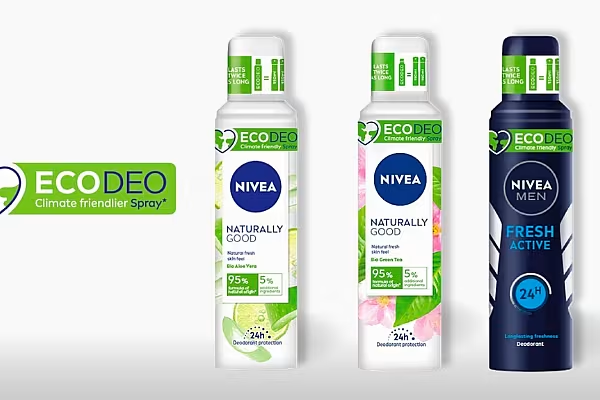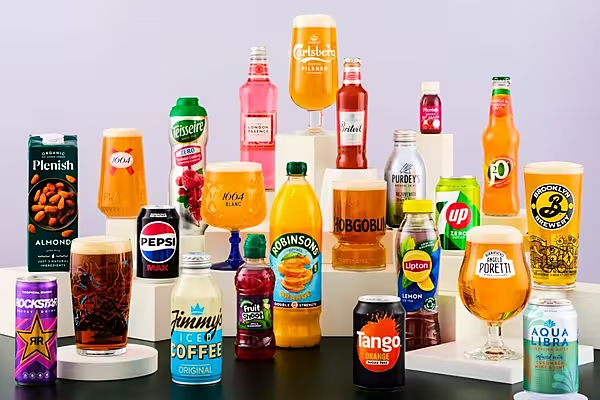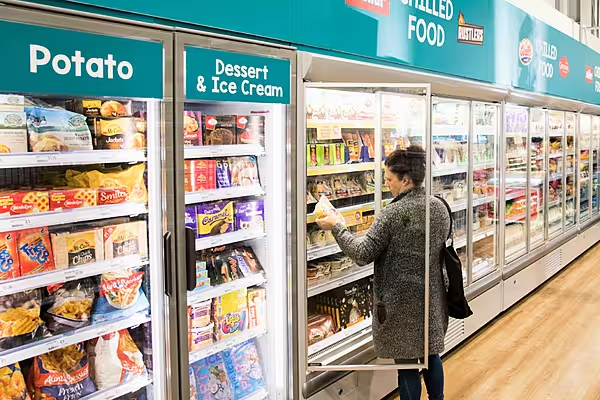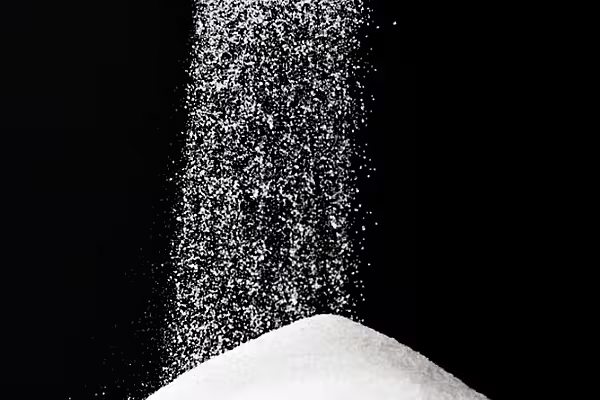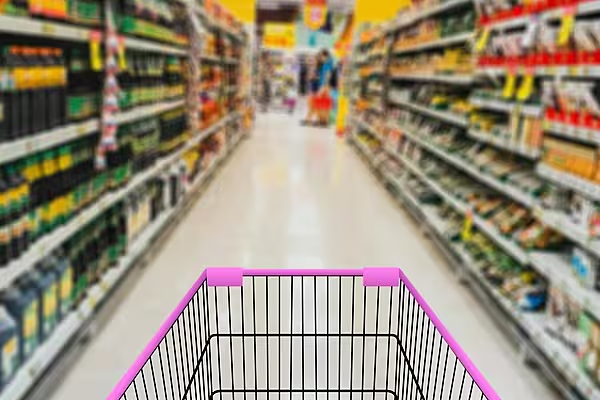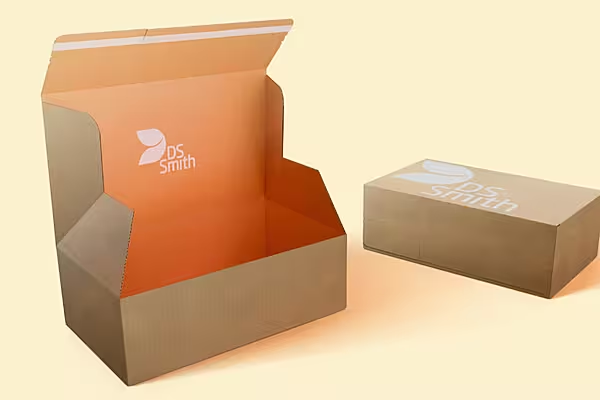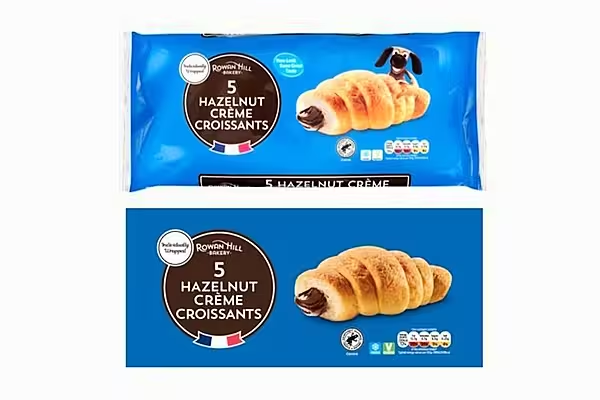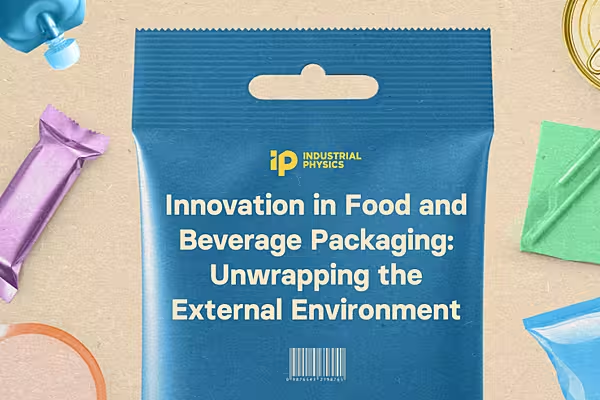Beiersdorf has announced that it is introducing a more climate-friendly aerosol valve system for its Nivea Ecodeo product line as well as a range of 100% recycled aluminium cans.
As well as the Nivea Men deodorants, most of the Nivea Men shaving gels will be available in this climate-friendlier packaging in the European market, the company added.
Beiersdorf teamed up with the UK-based engineering firm, Salford Valve Company Ltd. (Salvalco), and Switzerland-based Nussbaum Matzingen AG, to bring innovative and more sustainable solutions for a range of its aerosol products.
Eco-Valve Technology
Salvalco developed the Eco-Valve technology after an investment by Oscar&Paul, Beiersdorf’s Venture Capital in 2020.
Nivea has rolled out the first deodorants featuring Salvalco’s Eco-Valve technology, which utilises more climate-friendly inert gases, such as nitrogen as a propellant in aerosol sprays.
It allows a higher yield per can, resulting in a significant reduction of greenhouse gas emissions – while delivering an excellent spray quality.
Jean-François Pascal, vice-president of corporate sustainability at Beiersdorf, said, “We are delighted and proud to work with such incredible partners to accelerate the transformation of our company towards a climate-positive future. With these kinds of partnerships, we can take serious steps on our sustainability journey.”
Peter Shaw, managing director of Salvalco, added, “Our Eco-Valve technology allows brands, such as Nivea, to meet increasing consumer demand for more sustainable aerosol solutions supporting a climate-friendlier lifestyle.
“We are delighted to see that an iconic global brand such as Nivea is leading the way with our technology.”
Recycled Aluminium Packaging
Since May 2021, Beiersdorf and Nussbaum Matzingen AG have been collaborating to produce aerosol cans entirely from recycled aluminium.
The new packaging, developed by the Swiss packaging specialist, delivers a 28% decrease in CO2 emissions for deodorant cans – without any losses in quality.
For the shaving gel aluminium cans, the CO2 emissions could be reduced by 35%, Beiersdorf added.
Markus Tomasini, CTO of the Nussbaum Group, explained, “We have achieved a 100% replacement of the primary aluminium by using drink can scrap as starting material for the aerosol cans.
“Tool and process innovation were the key to being able to process the high alloy content in the post-consumer-recycled material.”
Currently, the cans are available in Germany and the company plans to roll out the packaging to other European markets next year.
© 2021 European Supermarket Magazine. Article by Dayeeta Das. For more Packaging news, click here. Click to sign up to ESM: European Supermarket Magazine.
